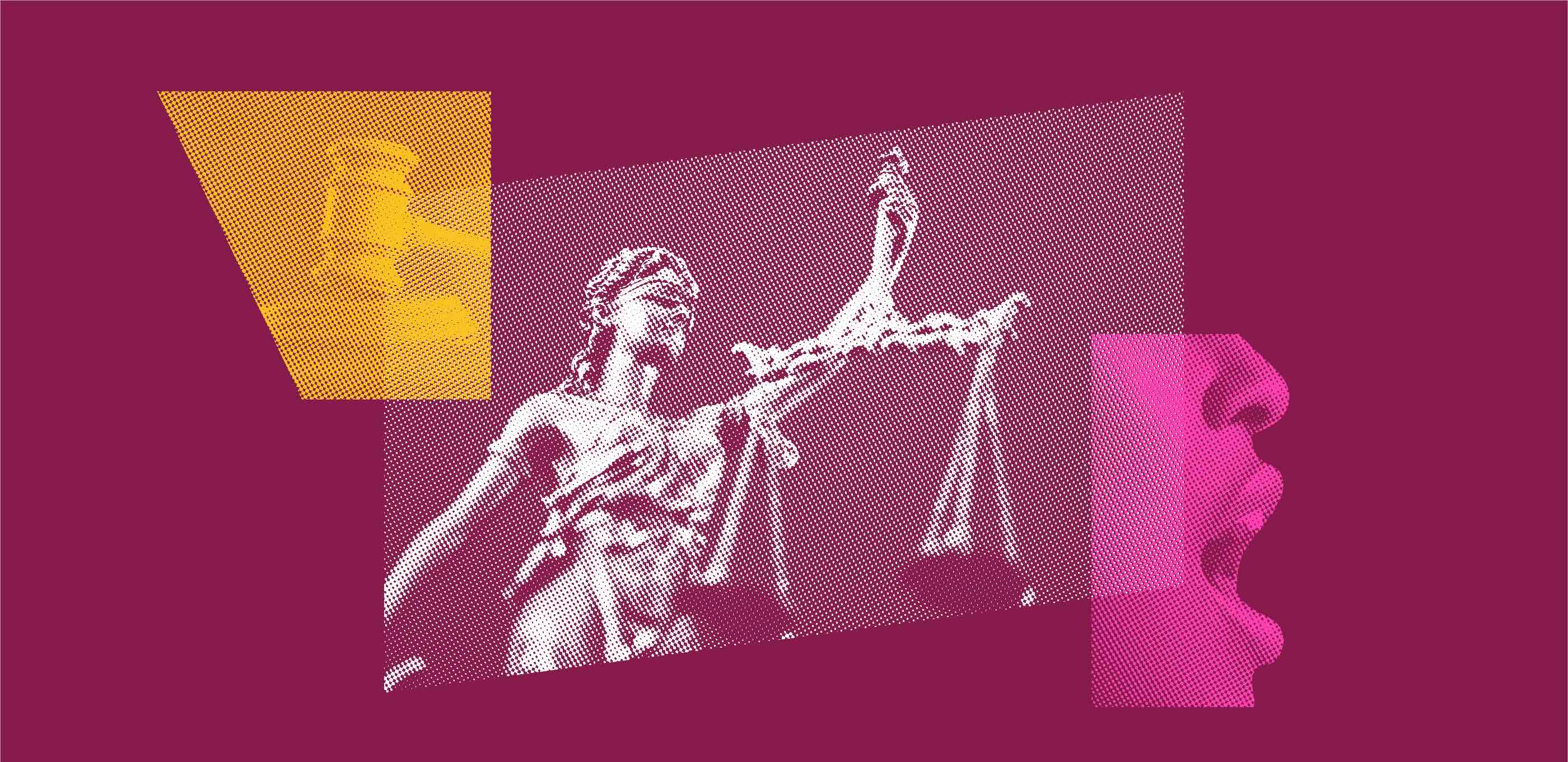
Nieves v. Bartlett, 17-1174
What's at Stake
Whether a plaintiff who claims that a police officer retaliated against his First Amendment-protected expression by arresting him for a misdemeanor is barred from suing if the police had probable cause for his arrest.
Summary
Russell Bartlett alleges that two Alaska State Troopers retaliated against him for his First Amendment protected speech. One night during a multiday snowmobile and ski race in the mountains of Alaska, Mr. Bartlett had two interactions with the troopers. First, he refused to talk to a trooper who approached him outside a party, and then he intervened when another trooper appeared to be questioning a teenager. After he was pushed to the ground, threatened that he would be Tasered, and placed in the police vehicle, the trooper Mr. Bartlett had refused to talk to said, “Bet you wish you would have talked to me now.” Bartlett filed a damages action against the two officers, alleging that they retaliated against him for his speech challenging their authority.
The officers argued, and the district court held, that because they had probable cause to arrest Mr. Bartlett for harassment, his claim must fail even if the officers’’ actions were motivated by his protected speech. On appeal, the Ninth Circuit reversed, holding that an individual has a right to be free from retaliatory police action, even if probable cause existed for the arrest. The troopers appealed, and the Supreme Court granted certiorari.
The ACLU, the ACLU of Alaska, the National Police Accountability Project, and Roderick & Solange MacArthur Justice Center, filed an amici curiae brief in support of Mr. Bartlett, urging the Supreme Court to affirm the judgment below. We argue that if a person can be arrested in retaliation for speech so long as there happens to be probable cause to arrest him for something else, police can use the power of arrest to penalize people for speech that they disfavor. It is easy to find a pretext for arrest because statutes and ordinances forbid a wide range of unremarkable human activity—like wearing saggy pants, crossing the street while reading a text message, and barbecuing in a front yard. Ordinary protest activities commonly violate an array of statutes and municipal ordinances, such as prohibitions on blocking sidewalks, amplifying sound, unlawful assembly, and disorderly conduct. These laws extend to so much behavior that police frequently have probable cause to believe that a protestor has broken some law. Illegal arrests for disfavored speech are a systemic problem in many law enforcement agencies, as the Department of Justice has found, for example, in Ferguson, MO, Maricopa County, AZ, Baltimore, MD, and Newark, NJ.
If the existence of probable cause, standing alone, defeats a retaliatory arrest claim, the police will acquire vast discretion to punish dissent by arresting protesters with whom they disagree. The First Amendment commands that conflicts of ideas must be resolved through public discourse—not through retaliatory arrests intended to silence one side of the conversation.
Legal Documents
-
02/14/2019
Nieves v. Bartlett - Amici Curiae
Date Filed: 02/14/2019
Download Document